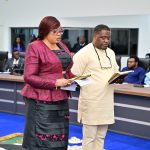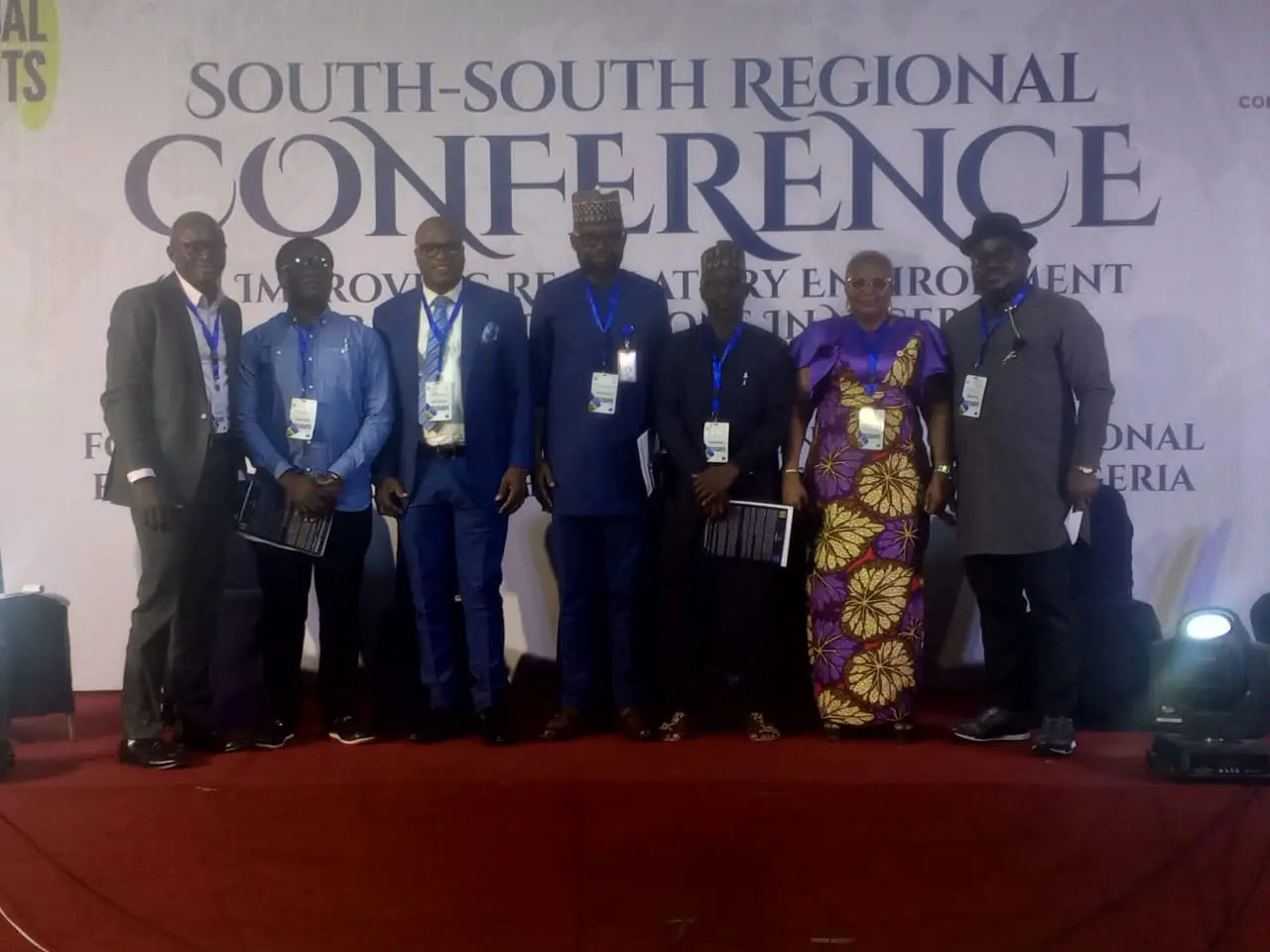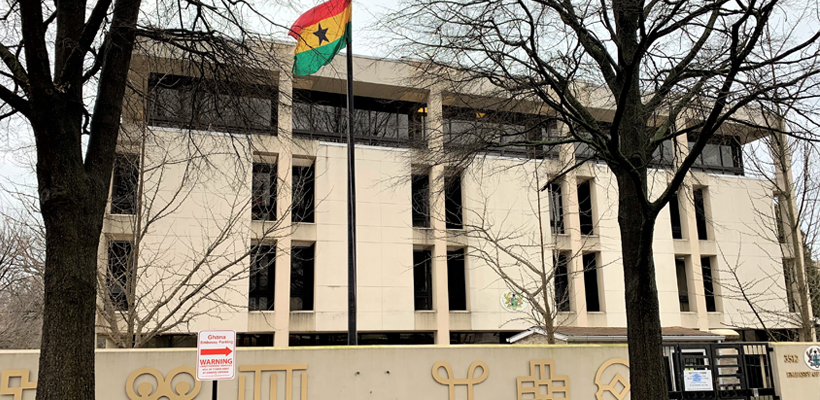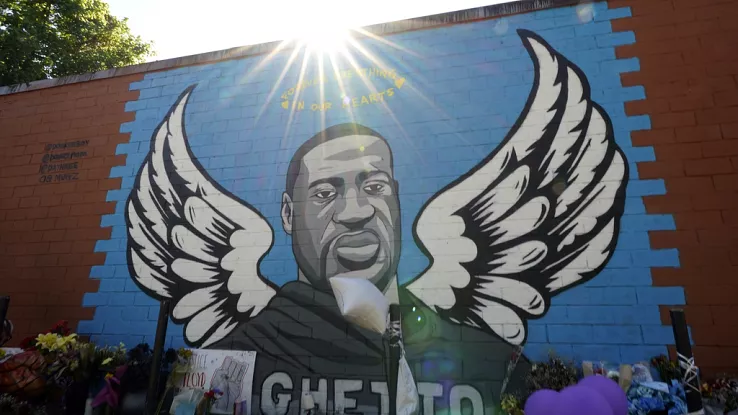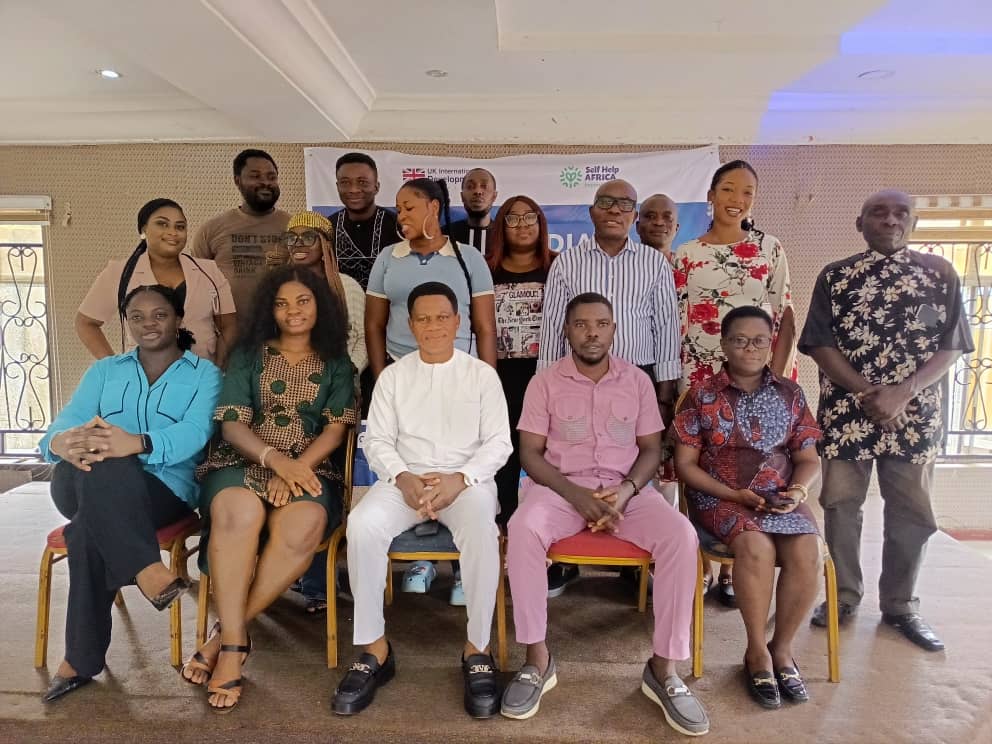Ms Abiodun Baiyewu, Executive Director of Global Rights, a Non-Governmental Organisation (NGO) has disclosed that poor regulatory frameworks were killing Civil Society Organisations (CSOs) in Nigeria.
Baiyewu made the assertion on Monday in Calabar at the maiden South-South Regional Conference on Improving Regulatory Environment for CSO Operations in Nigeria,
The News Agency of Nigeria (NAN) reports that the theme of the conference was “Forging Partnership for Sustainable Operational Environment for the Nonprofit Sector in Nigeria.”
Represented by Mr Edosa Oviawe, Programmes Manager of Global Rights, she said CSOs were most often burdened with registration with several Ministries Department and Agencies (MDAs) before they could strike up a partnership.
She said these registrations which place financial burdens on the CSOs were regulations that were hastening the collapse and lack of sustainability of CSO efforts in Nigeria.
She said the myriad of challenges arising from the multiplicity of registrations at subnational levels and compliance regimes was constricting CSO operational environment and impeding their capacities to operate adequately.
“Over the past decades, CSOs have evolved from small, informal groups into robust entities that play a critical role in advocacy, human rights, and community development, filling gaps left by government in areas like health, education, and governance among others.
“Building partnerships is imperative for creating a sustainable operational environment for CSOs in Nigeria, as these collaborations bring together diverse strengths and resources necessary for long-term impact.
“This year’s regional conference aims to drive a cause for the need for the harmonisation of the CSO regulatory framework at the subnational levels with regard to the multiplicity of registration requirements with different MDAs,” she said.
Similarly, Mr Massimo DE Luca, Head of Corporations, European Union (EU) Delegation to Nigeria and the Economic Community of West African States (ECOWAS) said CSOs play a pivotal role in fostering democracy, human rights, and social and economic development.
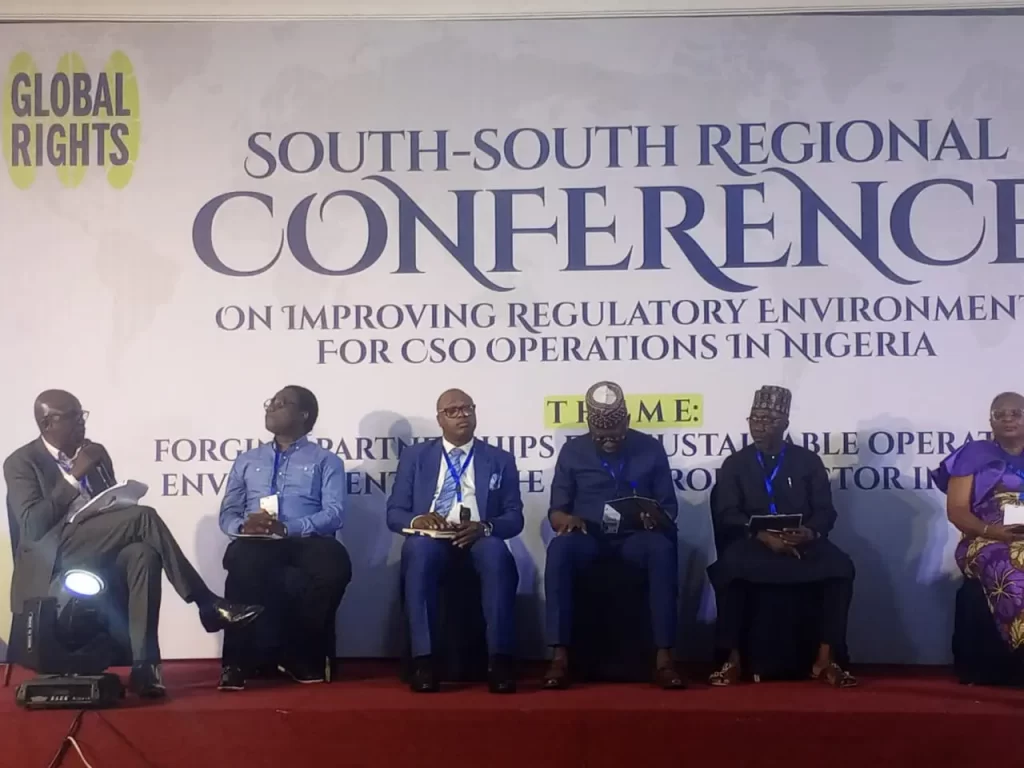
Represented Ms Wynyfred Achu-Egbuson, Programme Manager, CSOs and Youth Development, EUDEL to Nigeria and ECOWAS, DE Luca said CSOs were bridges between government and the people.
He said CSOs ensured that the voices of the marginalised and vulnerable were heard, however, an unconducive regulatory environment severely hinders their operations in several ways.
“Constantly changing or unclear regulations make long-term planning difficult, CSOs cannot build sustainable strategies when the rules of the game keep shifting.
“In Nigeria, CSOs face numerous challenges, including complex registration processes, restrictive laws, and limited access to funding, these hurdles stifle their potential to contribute meaningfully to national development.
“Today’s conference is an opportunity for us to address these challenges and to explore practical solutions for creating a more enabling regulatory environment in our respective states across the region,” he said.
Responding, Mr Victor Obuzor, Chairman House of Representatives Committee on CSOs and Development Matters said the regulation of CSOs was not to gag them but to protect the government of Nigeria.
He called on CSOs to be more proactive before laws were made concerning them by engaging with the government and not just waiting to fight the laws after they were made. (NAN)
